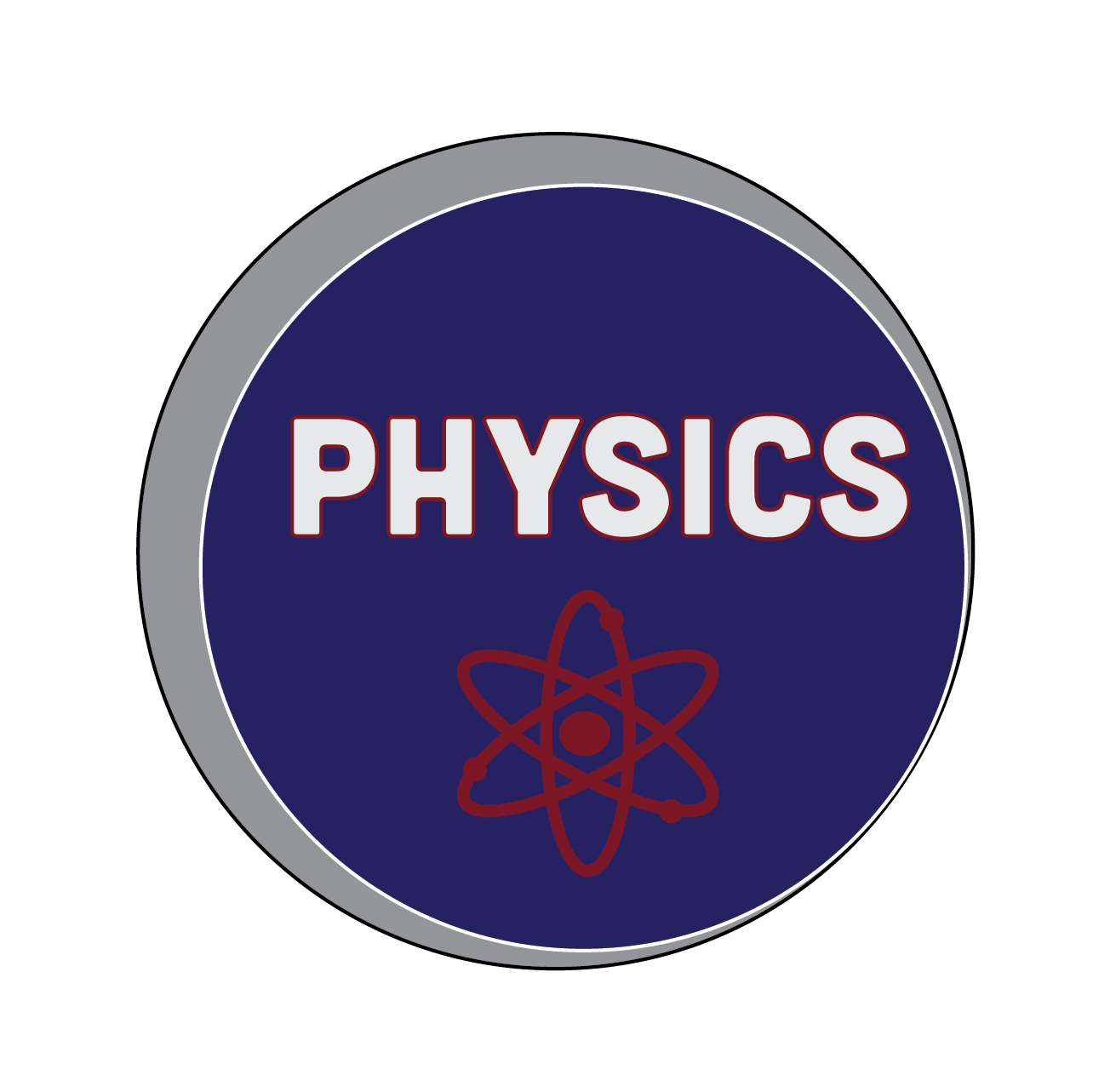Work with Physics
The physicist deals with all aspects of matter and energy. Their work ranges from basic research into the most fundamental laws of nature to the practical development of devices and instruments. The study of physics falls into many categories. These include studies of the motion and properties of physical objects both large and small (classical and quantum mechanics, astrophysics), the properties of waves (optics, acoustics, electromagnetics), the properties of states of matter (solid state, plasma physics), and the fundamental properties of matter and energy (atomic, nuclear, and particle physics). Because of the vast range of subject matter, at the graduate level physicists tend to specialize in one of these categories.
Across most categories, physicists also tend to specialize in theoretical and experimental work. Theoretical physicists use mathematical concepts to analyze and predict the behavior of the physical world. Experimental physicists use laboratory experiments to verify these theoretical predictions or develop devices and instruments. Physicists tend to be curious, creative, and dedicated. The majority of physicists are employed by universities and divide their time between research, teaching, and writing scientific articles. Many physicists work independently on problems, while others work in laboratories as part of teams for the duration of particular projects.
Physicists working in industry are a varied lot. Many work in traditional areas just like the university physicists, but many branch out into engineering fields and other scientific fields, working with engineers and other scientists in overlapping areas. Because of their broad scientific background, physicists in industry are known for their ability to work in many areas and have helped create many non-traditional fields. Physics is not for the faint-hearted, but for those with good mathematical skills who want a broad scientific education and the ability to branch out later into other fields, physics may be just the thing.









